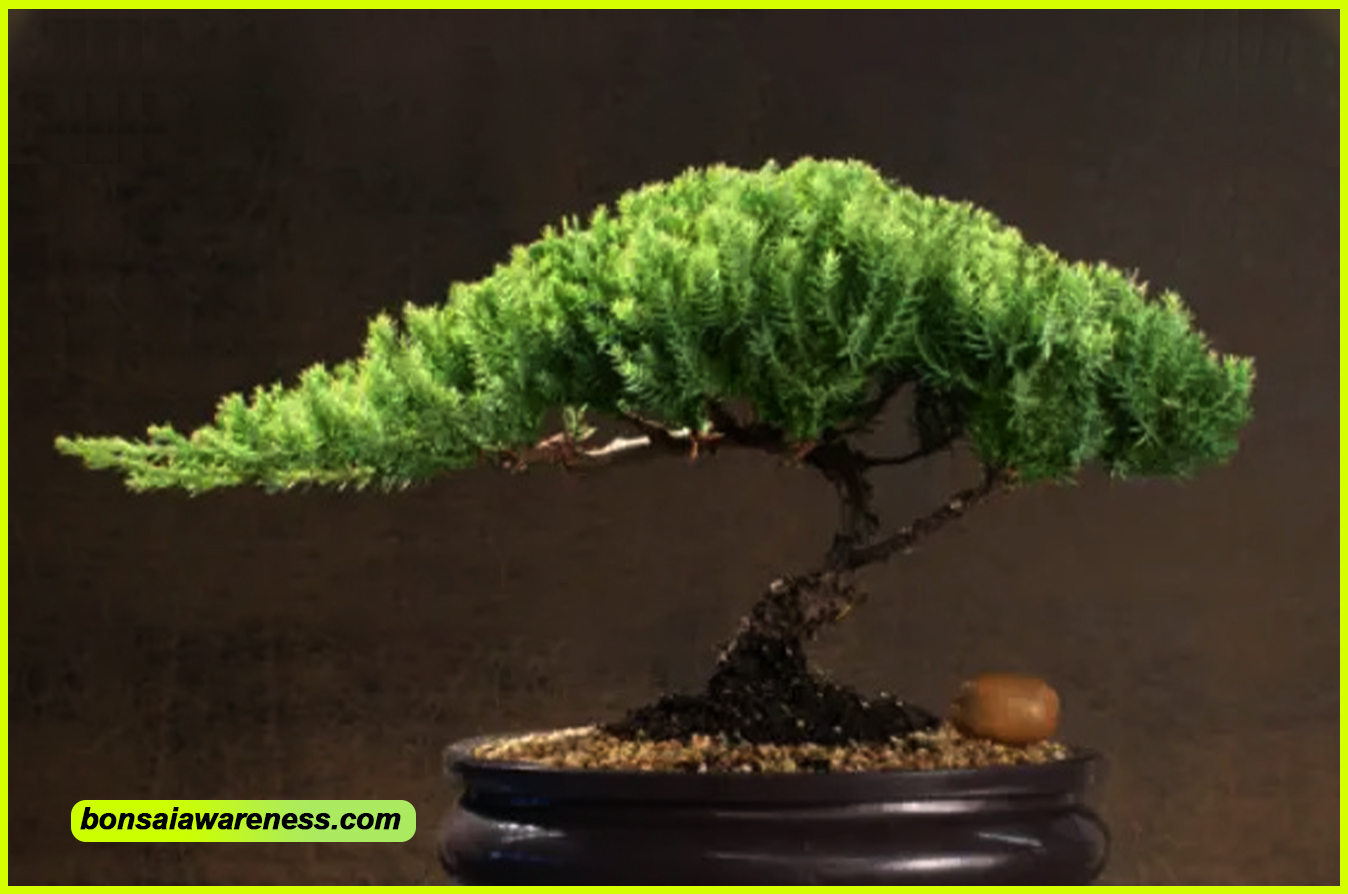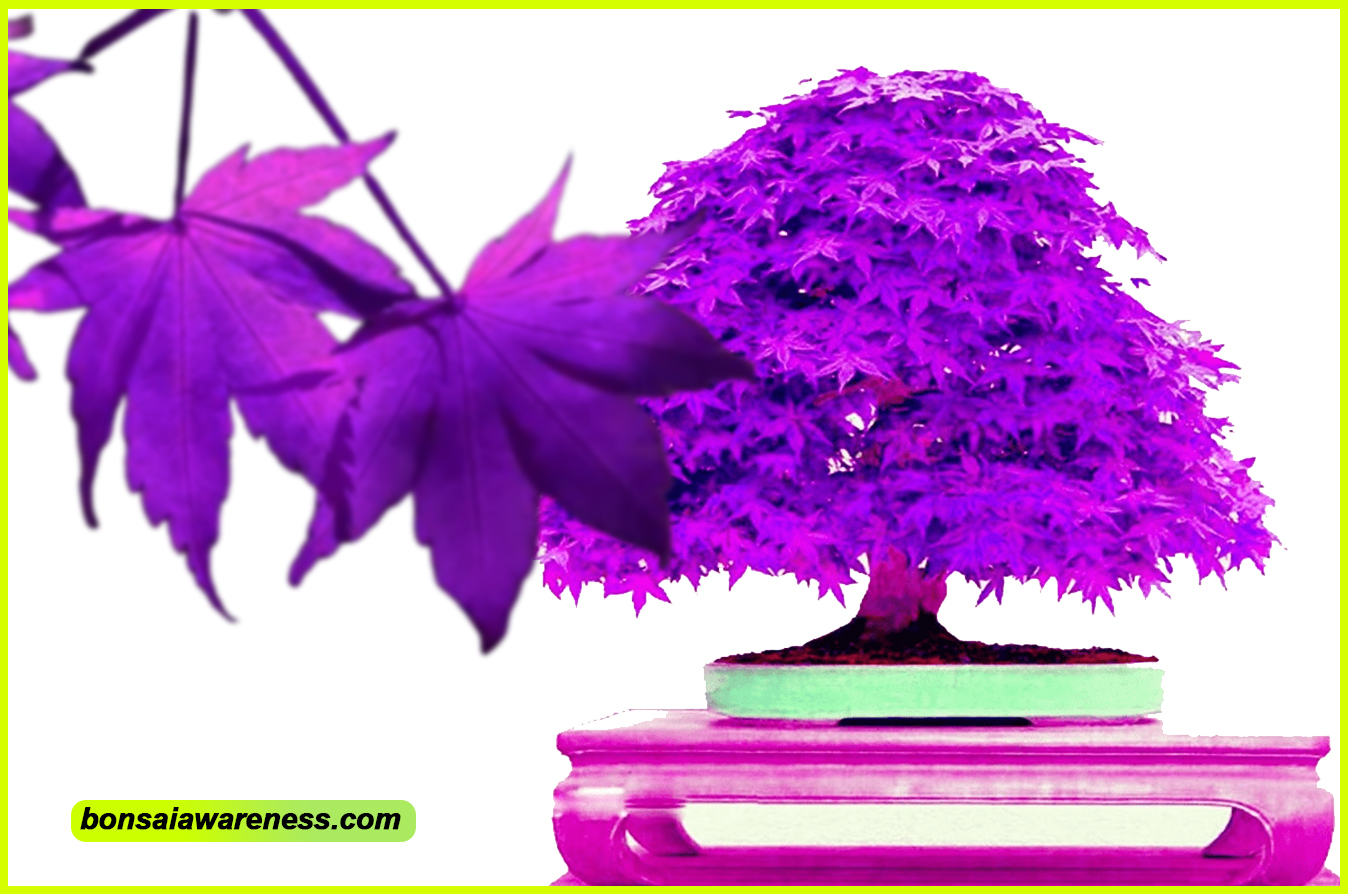Bonsai trees do need direct sunlight for their growth and development. Bonsai trees, although small in size, require direct sunlight to thrive.
As miniature replicas of full-grown trees, they still possess the same physiological needs. Sunlight is essential for providing energy through photosynthesis, which enables the bonsai tree to produce food and grow. While it is important to expose bonsai trees to sunlight, it is equally crucial to avoid excessive exposure, as this can lead to sunburn and damage the delicate leaves and branches.
By finding the right balance of sunlight, bonsai enthusiasts can ensure the health and vitality of their miniature trees. We will explore the importance of sunlight for bonsai trees and provide some useful tips on how to properly provide them with the necessary amount of direct sunlight they need.
Understanding Bonsai Trees
Bonsai trees are unique and beautiful, but they require proper care and consideration to thrive. When it comes to sunlight, these miniature trees have specific requirements. While it is true that bonsai trees need some sunlight, they should not be exposed to direct sunlight for extended periods. Direct sunlight can scorch the leaves and damage the delicate branches. It is essential to find a balance that provides enough light without causing harm. Bonsai trees should be placed in areas where they can receive bright indirect sunlight for several hours a day. An east or west-facing window is ideal. If you notice that your bonsai tree’s leaves are turning yellow or brown, it might be an indication that it is receiving too much direct sunlight, and you should move it to a more shaded location. Remember, each bonsai tree has unique needs, so observation and adjustment are key to their overall health and growth.
The Importance Of Sunlight For Bonsai Trees
Bonsai trees need direct sunlight for their growth and development. Sunlight plays a vital role in the life of a bonsai, as it enables the process of photosynthesis. Through photosynthesis, bonsai trees convert sunlight into energy, allowing them to produce food to sustain themselves. Without adequate sunlight, bonsai trees may experience stunted growth or even die. Sunlight stimulates the growth of leaves, stems, and branches, helping bonsai trees to develop a well-balanced and healthy structure. Additionally, sunlight promotes the production of chlorophyll, which gives bonsai leaves their vibrant green color. It is important to note that while bonsai trees need sunlight, they also require protection from extreme heat and direct exposure. Providing the right amount of sunlight, typically a few hours of direct morning or afternoon sun combined with indirect light, is crucial for their overall well-being. In conclusion, sunlight is essential for bonsai trees as it fuels their growth, promotes photosynthesis, and contributes to their overall health and appearance.
Understanding Sunlight Requirements For Bonsai Trees
Bonsai trees require ideal sunlight conditions for healthy growth. They thrive in direct sunlight for a few hours each day. However, prolonged exposure to harsh sunlight can cause leaf burn. To avoid this, provide indirect sunlight during the hottest part of the day. Indoor bonsai trees need bright, indirect light to thrive. Understanding the sunlight requirements for your bonsai tree is crucial for its overall well-being and optimal growth.
Best Practices For Sunlight Exposure Of Bonsai Trees
Managing sunlight exposure is crucial for the health and well-being of bonsai trees. While these miniature trees require sunlight to thrive, direct sunlight for extended periods can be detrimental. Monitoring sunlight intensity is essential to strike a balance. Excess exposure to intense sunlight can cause the leaves or needles to burn, leading to irreversible damage. On the other hand, insufficient sunlight can result in weak, leggy growth or a lack of flowering. Finding the right location for your bonsai is the key. Filtered sunlight is generally ideal, especially during the hottest parts of the day. Consider using materials like shade cloth or translucent curtains to diffuse the sunlight and create a suitable environment for your bonsai. Regularly observe your tree and adjust its location accordingly to ensure it receives optimal sunlight exposure. By following these best practices, you can maintain the health and vitality of your bonsai for years to come.
Optimizing Sunlight For Bonsai Health And Growth
The amount of direct sunlight that a bonsai tree needs depends on the species of the tree and the seasonal changes. Some bonsai tree species thrive in full sun, while others prefer partial shade. It is important to research the specific requirements of the tree species you have.
In general, bonsai trees require moderate to bright light for at least a few hours each day. Placing your bonsai tree near a south-facing window can provide it with adequate sunlight. However, be cautious of intense afternoon sun, as it can scorch the delicate foliage.
During seasonal changes, you may need to adjust the amount of sunlight your bonsai tree receives. In the summer, you might consider providing some shade during the hottest part of the day to protect the tree from excessive heat. Conversely, during the winter, you may need to bring the bonsai indoors or provide additional artificial lighting to ensure it gets enough light.
Frequently Asked Questions On Do Bonsai Trees Need Direct Sunlight
Can Bonsai Trees Survive Without Sunlight?
Yes, bonsai trees need sunlight to survive as it is essential for their photosynthesis process. Without sunlight, they may not be able to produce food and energy for growth. It is important to provide them with adequate light.
Can Bonsai Trees Get Too Much Sun?
Bonsai trees can be harmed by excessive sun exposure. It’s important to find a balance, as too much sun can lead to leaf burn and dehydration. Providing partial shade during the hottest part of the day can help protect your bonsai tree.
How Often Should A Bonsai Tree Be Watered?
Watering frequency for bonsai trees depends on various factors such as climate, tree species, and pot size. Generally, watering once a week is recommended, but regularly checking the soil moisture is crucial. Stick your finger about an inch into the soil – if it feels dry, it’s time to water.
Can Bonsai Trees Grow In Indirect Sunlight?
Yes, bonsai trees can grow in indirect sunlight. They need bright, filtered light to thrive. Avoid direct, scorching sun.
Conclusion
Understanding the sunlight requirements for your bonsai tree is crucial for its health and growth. With the right amount of direct sunlight and adequate care, your bonsai can thrive. Remember to monitor the sunlight exposure and adjust as needed to support your bonsai’s well-being.
By providing the proper environment, you can enjoy a beautiful and flourishing bonsai tree.


Leave a Reply